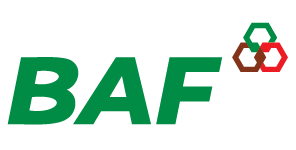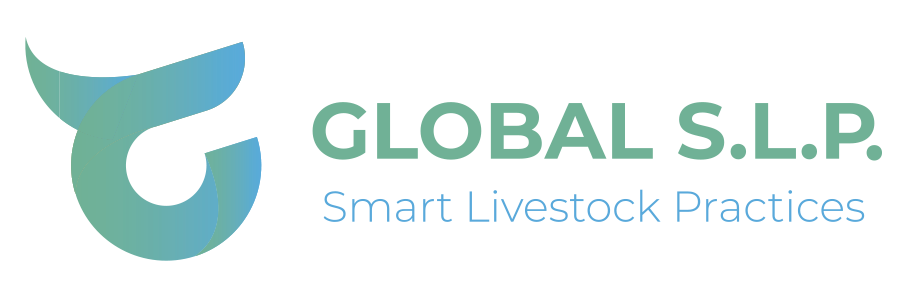BAF Vietnam Agricultural Joint Stock Company (Stock Code: BAF) has recently been achieved the Global Good Agricultural Practices – Integrated Farm Assurance Standard (GLOBAL G.A.P IFA version 5.2) certification.

Bureau Veritas representatives present the GlobalG.A.P IFA certification to BAF
The certification is awarded by Bureau Veritas (BV), an organization specialized in testing, inspection, and globally recognized certification. In this project, BAF also received advice and support from the International Finance Corporation (IFC), a member of the World Bank Group.
Global G.A.P Standards for Pig Farming
Global G.A.P is a global organization to promote sustainable agriculture worldwide. Among them, the Global G.A.P Standards for pig farming version 5.2 have very strict criteria that must be adhered to.
To achieve certification, businesses must meet a minimum of 95% of the secondary requirement principles and comply with 100% of the main requirement principles.
Some important compliance criteria include maintaining identification and traceability of product origin from breeding to feed, ensuring biosecurity (disease control), factors affecting food safety (minimizing antibiotic use, avoiding prohibited substances), minimizing adverse environmental impacts, and meeting social welfare requirements for workers.
Particularly noteworthy are the criteria related to animal welfare to ensure that pigs are cared for in the most comfortable environment (housing conditions, farming environment, humane treatment of animals) to achieve the highest quality meat (among other factors).
The entire BAF pig herd exclusively utilizes a pelletized feed source developed and produced by the company. BAF’s pelletized feed formula eliminates all ingredients with potential risks of disease transmission from animal-derived sources, such as meat and bone meal, blood meal, and fish meal. Instead, it comprises plant-based proteins, supplemented with medicinal herbs and beneficial probiotics for the animals’ digestive system.
The infrastructure, pens, and farm conditions, including the ventilation, temperature control, and lighting systems designed for each type of pig, are transferred from major corporations in Europe and the United States. These systems are automated to minimize the risk of disease transmission.
With a network of 9 farms recognized to meet the Global G.A.P IFA version 5.2 standards, BAF Company has demonstrated the highest commitment from both leadership and all levels within the entire pig farming system. The company affirms its dedication to maintaining the recognized standards while continuously striving to build and implement Global G.A.P pig farming standards for the remaining farms. This aims to achieve the ultimate goal of providing clean and safe meat for consumer health.
Towards Circular Farming, Reducing Emissions
Environmental pollution from livestock activities is becoming increasingly serious. The estimated total waste from farming is 60 million tons annually, with liquid waste alone accounting for 302 million tons and emitting 18.5 million tons of CO2. Among these, pig farming contributes up to 84% of liquid waste. However, waste treatment still needs to be more effective.
This challenging issue compels businesses to align their farming practices with environmental protection if they aim to achieve greenhouse gas emission reduction goals and integrate farming according to international standards.
For BAF, the company has implemented a manure scraping system to alleviate the pressure on wastewater treatment. The collected pig manure is reused as organic microbial fertilizer, benefiting rice fields. This helps reduce methane emissions in pig farming, enhances soil quality, increases crop productivity, and creates a source of clean agricultural products. Consequently, this moves towards a circular economy model with no waste.

The manure composting tower system which installed in BAF’s pig farming operation is designed to convert livestock waste into compost, serving as a high-value fertilizer for rice fields.
The wastewater treatment system meets Class A water quality standards and is reused within the farming system.
Additionally, BAF is at the forefront of using pelletized feed for the entire BAF pig herd and affiliated herds. Plant-based protein in the livestock feed also helps reduce methane emissions, one of the main contributors to the greenhouse effect. Improved digestion in animals leads to a 5-10% reduction in feed consumption per unit of growth, and a significant 80% reduction in foul-smelling waste.



